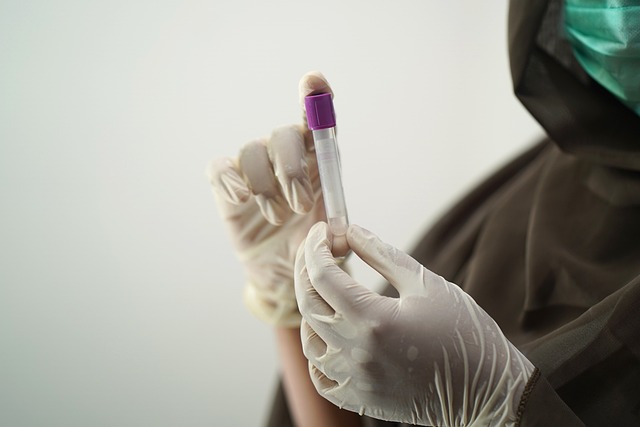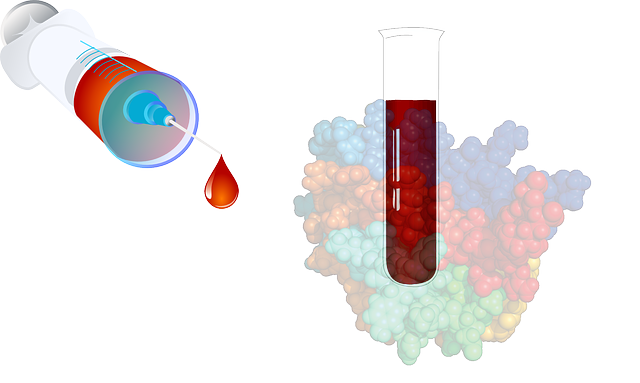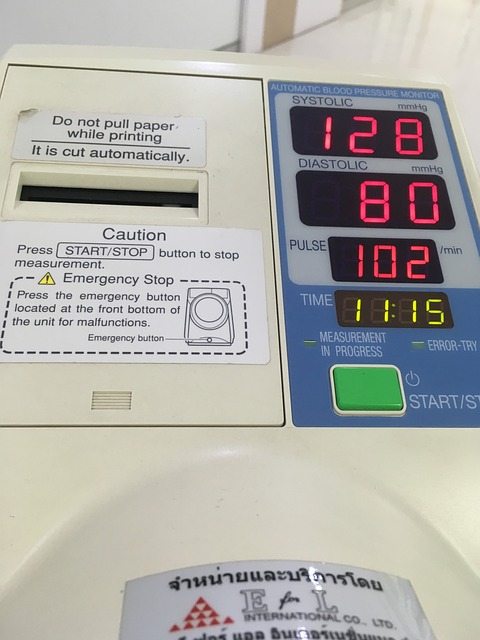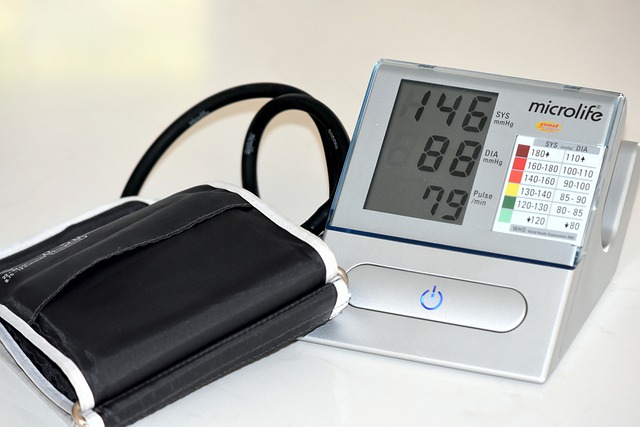The UK Testosterone Blood Test is a vital diagnostic tool that measures male sex hormone levels, playing a key role in male physiology and psychology by influencing muscle mass, bone density, sexual health, mood, cognitive function, and overall well-being. In the UK, this test is crucial for identifying conditions like hypogonadism and andropause, enabling early detection and treatment, which are essential for managing health issues related to hormonal imbalances. It provides a basis for various treatments, including hormone replacement therapy (HRT) and lifestyle changes, potentially enhancing the quality of life for those with testosterone deficiencies. Regular monitoring through the UK Testosterone Blood Test is necessary to prevent complications such as diminished libido, fatigue, or an elevated risk of osteoporosis. Individuals experiencing symptoms that may indicate hormonal imbalance should consult a healthcare provider and consider the UK Testosterone Blood Test for accurate assessment and personalized treatment plans based on their specific testosterone levels, which should be interpreted within the context of their overall health and lifestyle factors by a qualified professional.
Men’s health encompasses a broad spectrum of considerations, with testosterone playing a pivotal role. This article delves into the significance of testosterone in male health and the importance of monitoring its levels through a UK Testosterone Blood Test. We will explore the critical role this hormone plays, the straightforward process of obtaining a test in the UK, and how to interpret the results for better health management. Understanding these aspects is key for men seeking to maintain optimal well-being, particularly as they age.
- Understanding the Role of Testosterone in Male Health: An Overview
- The Process of UK Testosterone Blood Test: Steps and Expectations
- Interpreting Testosterone Levels: What Your Results Mean for Your Health
Understanding the Role of Testosterone in Male Health: An Overview

Understanding the role of testosterone in male health is pivotal, as this hormone significantly influences various physiological and psychological processes. Testosterone, primarily produced in the testes and to a lesser extent in the adrenal glands, plays a key role in maintaining muscle mass, bone density, and sexual function. It also affects mood, cognitive function, and overall well-being. In the UK, healthcare providers often utilise a blood test to measure testosterone levels, known as the UK Testosterone Blood Test, to diagnose conditions such as hypogonadism or andropause, which are characterised by decreased testosterone production. This test is crucial for early diagnosis and treatment, allowing men to address health issues related to hormonal imbalances effectively. The results of this test can inform a range of treatments, from hormone replacement therapy (HRT) to lifestyle modifications, thereby improving the quality of life for individuals dealing with testosterone deficiency. Regular monitoring of testosterone levels through the UK Testosterone Blood Test is important for maintaining optimal health and preventing potential complications associated with low testosterone, such as decreased libido, fatigue, or an increased risk of osteoporosis. It’s advisable for men experiencing symptoms that may indicate hormonal imbalance to consult healthcare professionals and consider undergoing this test as part of their comprehensive health assessment.
The Process of UK Testosterone Blood Test: Steps and Expectations

For men considering a UK Testosterone Blood Test, understanding the process is key to making an informed decision about their health. The test itself is a straightforward procedure designed to measure the amount of testosterone present in the bloodstream at a given time. This androgen hormone is pivotal for male sexual function, reproductive development, and muscle and bone maintenance.
Upon scheduling the UK Testosterone Blood Test through a healthcare provider or specialized clinic, you will be instructed to fast for a certain period before the test, typically at least eight hours. This ensures that recent food intake does not skew the results. On the day of the test, a healthcare professional will draw blood from a vein in your arm—usually the interior of the elbow or the back of the hand. The sample is then sent to a laboratory for analysis. The entire process, from venipuncture to having your results, can take anywhere from a couple of hours to several days, depending on the lab’s workload and the method used.
The UK Testosterone Blood Test typically measures total testosterone levels, which include both bound and free testosterone. Low testosterone levels, or hypogonadism, can lead to various health issues, including decreased libido, fatigue, reduced muscle mass, and mood changes. If your test results indicate a hormonal imbalance, further evaluation and treatment may be necessary. It’s important to discuss with your healthcare provider what your testosterone levels mean for your overall well-being and the potential need for hormone replacement therapy or other interventions.
Interpreting Testosterone Levels: What Your Results Mean for Your Health

Understanding the implications of your UK Testosterone Blood Test results is crucial for maintaining optimal male health. Testosterone levels are measured in nanograms per deciliter (ng/dL), with a typical range for adult males being between 270 and 1,070 ng/dL. A blood sample taken in the morning, when testosterone levels are at their peak, is essential for accurate assessment. If your results fall below this range, it may indicate hypogonadism, a condition where the body does not produce enough testosterone. Symptoms associated with low testosterone can include fatigue, reduced sex drive, and difficulties with erections or maintaining muscle mass and bone density. Conversely, levels above the normal range might suggest a different set of health considerations, potentially signaling liver or testicular issues, or the presence of an androgen-secreting tumor. It’s important to discuss your test results with a healthcare provider, who can provide context based on your overall health and symptoms. They will consider individual factors, including age and lifestyle, to interpret your levels accurately and advise on appropriate treatment options if necessary. Regular monitoring and professional guidance are key to understanding the impact of your testosterone levels on your health and well-being.
In conclusion, testosterone plays a pivotal role in male health, influencing everything from physical strength to sexual function and mood regulation. The UK Testosterone Blood Test is a straightforward medical procedure designed to assess one’s hormonal balance, offering insights into potential health issues linked to low testosterone levels. By understanding the implications of testosterone levels as outlined in this article, men can take informed steps towards maintaining their well-being. It is advisable for individuals experiencing symptoms that may indicate hormonal imbalance to consult healthcare professionals and consider undergoing a UK Testosterone Blood Test—a vital diagnostic tool in the realm of male health assessment.
